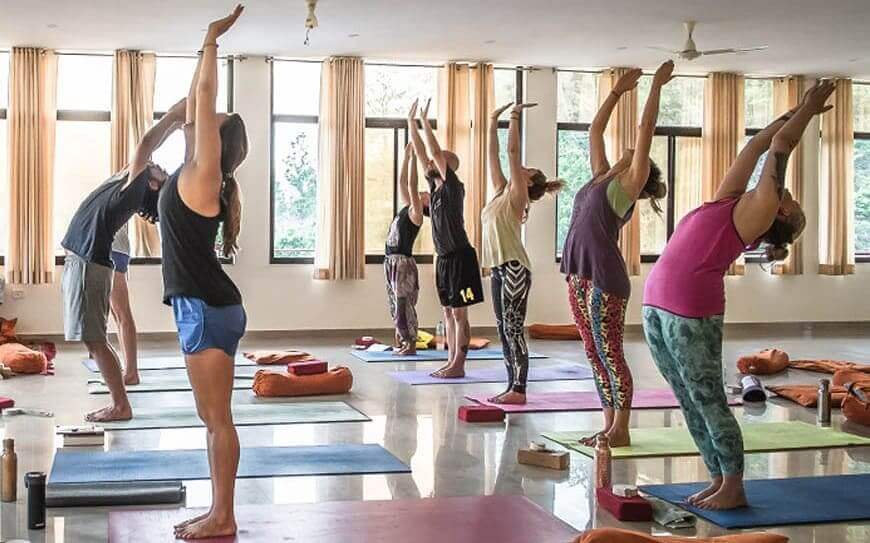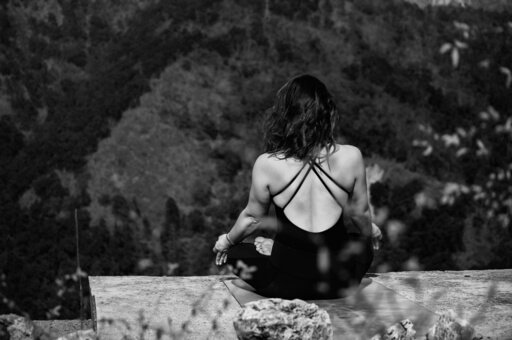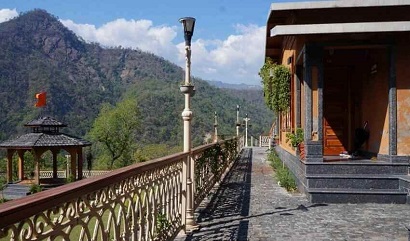Yoga Teacher Training in India - Ryt 500 Yoga Alliance Certification
YogaMea School operates on the Italian beaches of Misano Adriatico (Rimini), on the banks of the famous Danube river in Budapest (Hungary) and on the banks of the sacred Ganges river in the holy city of Rishikesh, India, motherland and Yoga capital of the world.
Yoga was born in this ancient land over 5000 years ago, making Rishikesh, India, the perfect place to explore spirituality and philosophy. Study with YogaMea School at our ashram nestled between the Himalayan mountains and the banks of the Sacred Ganga River — the perfect space to find yourself and explore personal growth.

Deepen your knowledge in the land of the “Rishi,” where the routes of the Vedic pilgrimages join together.
India is unique in its eclectic array of foods, cultures, beliefs. Notably, the customs of India differ significantly from what a Westerner may be used to. Whether from Europe, North America, South America or Asia, the manner in which citizens of India approach services in hospitality, tourism, food, shopping; hygiene; waste disposal and sanitation require adaptation on the Westerners’ part.
In front of you is the door to your transformation, to improve your quality of teaching, elevate your understanding of yoga and evolve into a new way of life. Within you is the key. The time is now. Unlock the door.



